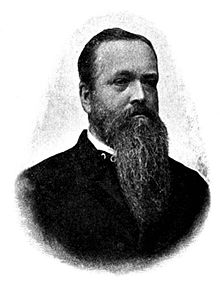
Baron Carl von Rokitansky was a Bohemian physician, pathologist, humanist philosopher and liberal politician, founder of the Viennese School of Medicine of the 19th century. Founder of science-based diagnostics.
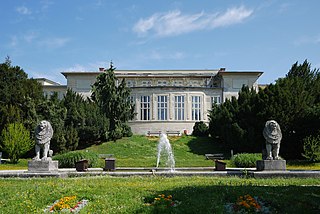
The Otto-Wagner-Spital is a hospital in Vienna, Austria. It was originally a psychiatric hospital and center for pulmonology.
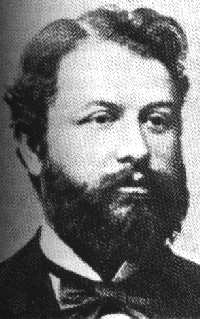
Georg Jellinek was a German public lawyer and was considered to be "the exponent of public law in Austria“.

Franz Joseph Molitor, or Joseph Franz Molitor was a German writer and philosopher.

Oskar Kraus was a Czech philosopher and jurist.
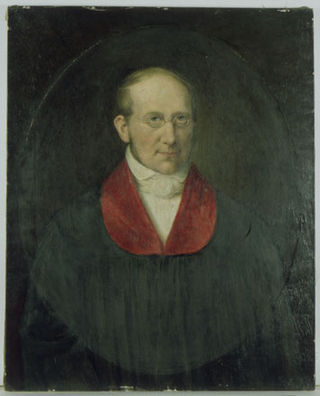
Hermann Friedrich Stannius was a German anatomist, physiologist and entomologist. He specialised in the insect order Diptera especially the family Dolichopodidae.
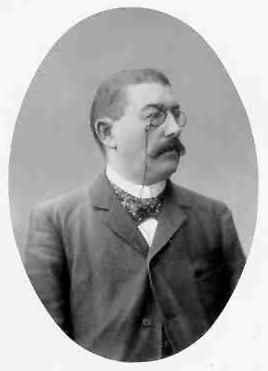
Julius Leopold Pagel was a German physician and historian of medicine.
Heinrich Kaan was a 19th-century physician known for his seminal contributions to early sexology. Different sources identify him as Ruthenian or as Russian. He was the personal physician to the Czar.
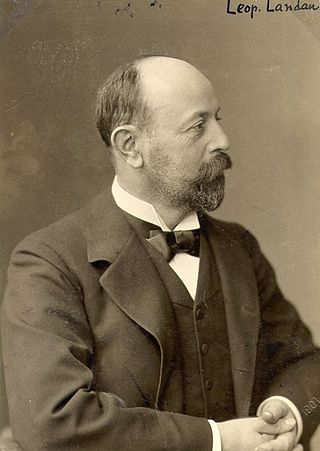
Leopold Landau was a German gynecologist born in Warsaw.
August Wilhelm Eduard Theodor Henschel was a German physician and botanist, best known through his works on history of medicine and about Schola Medica Salernitana.
Jakob Klaesi was a Swiss psychiatrist most notable for his contributions to the sleep therapy and his phenomenological analysis of expression.

Julius Wilhelm Albert Wigand, known as Albert Wigand was a German botanist, pharmacologist and pharmacognostician. His is most well-known for being the director of the Alter Botanischer Garten Marburg from 1861 to 1886, and for his opposition to Charles Darwin and the theory of Evolution on religious grounds.

Friedrich Albin Hoffmann was a German internist.
Arthur Engelbert is a professor in media theory and art sciences at the University of Applied Sciences Potsdam.
Conrad Brunner was a Swiss physician, surgeon and medical historian. He was particularly concerned with the disinfection of wounds and their healing.

Max Neuburger was an Austrian physician and historian of medicine.
Hugo Magnus was a German ophthalmologist and historian of medicine. He was of Jewish ancestry.

Albrecht Theodor Middeldorpf was a German surgeon.
Jakob Heinrich Hermann Schwartz was a German obstetrician and gynecologist. He was the father of classical philologist Eduard Schwartz (1858–1940).

Friedrich Uhlhorn was an honorary professor at the Philipps-Universität Marburg, whose scientific focus was on the history of the State of Hesse and was also known for his work outside Hesse. His special scientific interest was mainly focused on the problems of historical cartography. In collaboration with Edmund Ernst Stengel, he published the Geschichtlichen Atlas von Hessen, which is considered his major work. He also wrote the article Die deutschen Territorien. A: The West, which deals with the West German regional history. Likewise he was responsible as editor for the Hessisches Jahrbuch für Landesgeschichte by Bruno Gebhardt.
